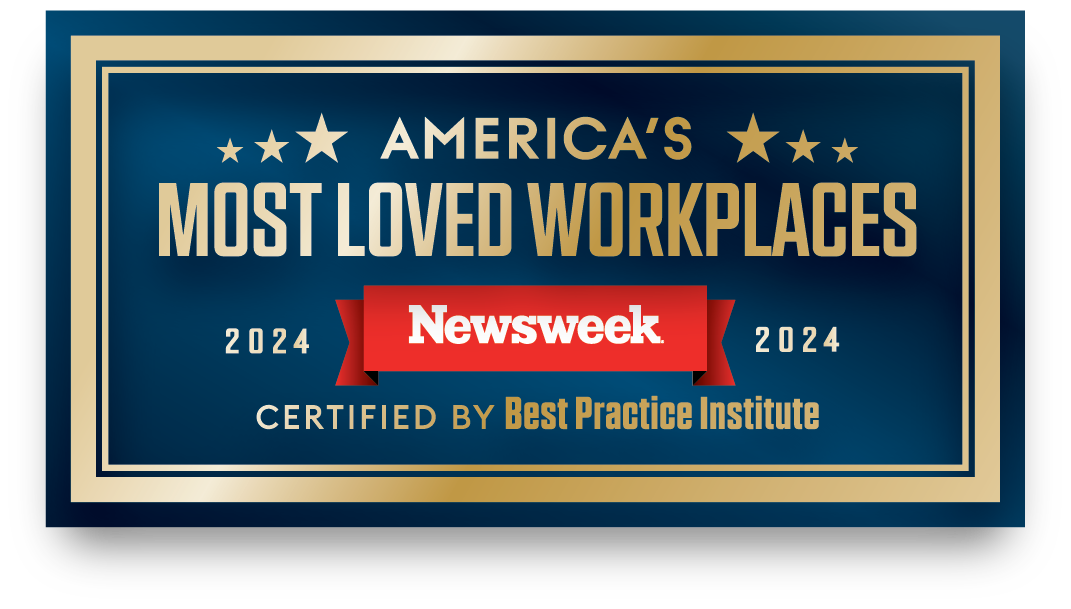Ridgewood Water prepares to sue corporations over chemical contamination
Source: https://www.northjersey.com, December 4, 2018
By: Meghan Grant
Aiming to identify the companies behind the chemical contamination of its water supply, Ridgewood Water has retained a California-based law firm to potentially sue over the expensive costs of meeting new state and federal water quality standards.
Per- and polyfluoroalkyl substances, or PFAS, are a group of man-made chemicals that have been linked to cancer and other illnesses. They are quite common, and have been used to make firefighting foams, high-performance plastics, non-stock cookware and stain-resistant material such as carpets and clothing. By federal law, PFAS are no longer manufactured in the United States.
New Jersey already has some of the strictest water-quality standards for the substances, which include PFOA and PFNA, and new standards are expected to be adopted at the state and federal levels. Ridgewood Water, which serves 60,000 people in Ridgewood, Midland Park, Glen Rock and Wyckoff, has embarked on a multimillion-dollarcapital improvement initiative to meet the evolving standards.
The utility detected PFAS levels exceeding drinking water standards set by the state Department of Environmental Protection in its wells, according to the council’s resolution. The PFAS leached into the aquifers from which the utility draws its water, and Ridgewood Water determined the cause to be from “third-party manufacturers of materials” made with the chemicals.
In response, the Village Council hired the law firm Sher Edling LLP of San Francisco to identify potential polluters and file legal action seeking damages for Ridgewood Water.
“We’re always going to take the quality and safety of our water very seriously,” said Ridgewood Mayor Ramon Hache. “If there is any wrongdoing or contamination caused, usually by corporations, unfortunately, that should not fall on the shoulders of the taxpayers or our small-business owners. We want to make sure we are identifying the source of the contamination, and make sure these actors are held responsible for their actions.”
‘It’s up to us at the source’
Sher Edling has gained notoriety for taking major corporations like Procter & Gamble, Dow Chemical and Shell Chemicals to court on behalf of utilities in places like Sacramento and Baltimore, contending the companies’ actions were responsible for the negative consequences of climate change and drinking water pollution. Last year, the firm represented the Suffolk County Water Authority on Long Island in its pollution lawsuits against nearly a dozen chemical manufacturers.
The course of action for a smaller utility like Ridgewood Water is ambitious, Hache said, but the federal government will not pursue these companies and the utility is left with funding decades of remediation.
“It’s up to us at the source, who can identify where the contamination is coming from,” he said. “The federal government will continue to get stricter on water regulations, rightly so. But we are dealing with a very complex environment,” trying to meet separate maximum contaminant levels from the federal Environmental Protection Agency and the state DEP, Hache said. The utility is trying to protect the ratepayers against the costs of PFAS contamination.
Ridgewood Water has not joined any other public utility in potential litigation.
“The whole purpose is to recoup whatever we can from the expenses of having to treat the water for the next 40 years,” said Village Attorney Matthew Rogers, adding that the firm was recommended by Ridgewood’s longtime hydrologists.
Identifying particular polluters for the Ridgewood water supply will be a challenge. PFOA, also called C8, has spread so far through the environment that it can be found everywhere from the fish in the Delaware River to polar bears in the Arctic — and in drinking water supplies throughout New Jersey.
It seems more likely to contaminate water systems that use wells drilled into groundwater aquifers, such as those of Garfield, Fair Lawn and Ridgewood Water.
Because most of the affected water systems are dependent on wells rather than a single main treatment facility, it can be expensive for the utilities to install filter systems at each well. Ridgewood Water alone operates 56 wells.
Less affected are systems that rely on surface water, like rivers and reservoirs, including the reservoir system operated along the Hackensack River by Suez and the treatment facility the Passaic Valley Water Commission uses to pump water out of the Passaic River.
Sher Edling presented Ridgewood officials with a proposed engagement agreement for its services, assuming all costs and expenses for the lawsuit. The firm will earn a contingency fee if the suit results in a financial award. The fee is on a graduated scale, with a maximum of close to 25 percent, Rogers said.
“It won’t cost the utility and its ratepayers anything,” outside the time of staffers to help prepare documentation, he said. “Sher Edling has taken a look at this case, and is knowledgeable about the nature of these claims, and feels that they are pretty well-justified in filing a claim and anticipate that there should be some kind of compensation coming to Ridgewood Water.”
Like Ridgewood Water, Richmond, California, has a contract with Sher Edling in which the firm may recover 25 percent of up to $100 million, or lower percentages if more than $100 million is awarded.
What are PFAS and why should you care?
The PFAS group includes perfluorooctanoic acid (PFOA), for which New Jersey recommends a maximum contaminant level of 14 parts per trillion; perfluorooctane sulfonate (PFOS); and perfluorononanoic acid (PFNA).
While they read like alphabet soup, experts believe exposure to the human body over time has serious consequences. According to the EPA, the two most studied chemicals of the group are potentially carcinogenic and cause reproductive and development effects, such as low birth weights, compromised immune systems and thyroid hormone disruption for PFOS. People are typically exposed to low levels of the chemical through contaminated soil used to grow food, food packaging and equipment during food processing.
Everyday products contain PFAS. For example, dental floss has concentrations of 96,700 parts per trillion, treated apparel ranges from 5,400 to 161,000, and food contact paper has 4.6 million, utility officials noted.
Ridgewood Water is already in compliance with the EPA’s 13-parts-per-trillion mandate, but additional standards are expected to be imposed, said Director Richard Calbi. The director likened one part per trillion to an eyedropper in an Olympic-sized swimming pool.
Last autumn, Ridgewood Water held a series of open houses in its service towns to explain the capital improvements the utility is undergoing to meet these new demands.
Capital improvements
- Concrete tanks — power washing, new internal mixing system installation, new safety ladders and handrails to meet OSHA rules, and upgrading roof vents.
- Site security — electric upgrades, fencing, cameras, monitoring stations, generators, etc.
- Water mains — improving water quality and fire flow and eliminating dead ends.
- Well, booster and transfer stations — out-of-service wells to be rehabilitated or abandoned, pump replacements, new treatments and pipe modifications.






